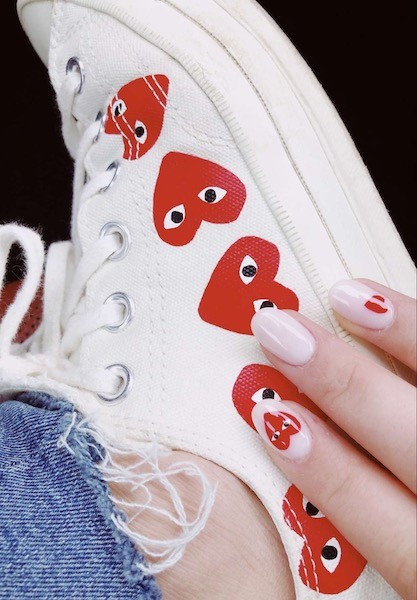This Friday, I had the opportunity to virtually attend the Fashion Law Institute’s symposium, Inside-Out 6: Purple Reign: Fashion’s In-House Counsel on a New US Administration & a New World Order. Moderated by Professor Susan Scafidi, the first professor to teach a course in fashion law, founder of the Fashion Law Institute, and professor at Fordham University’s School of Law, the symposium featured the general counsels for PVH Corporation (the parent company of Calvin Klein), Warby Parker, LVMH North America, Birchbox and Fresh Beauty. Each shared their thoughts on a variety of topics, from the bankruptcies caused by the ongoing pandemic, to the possibilities presented by a new presidential administration, and most notably, the future of clean beauty.
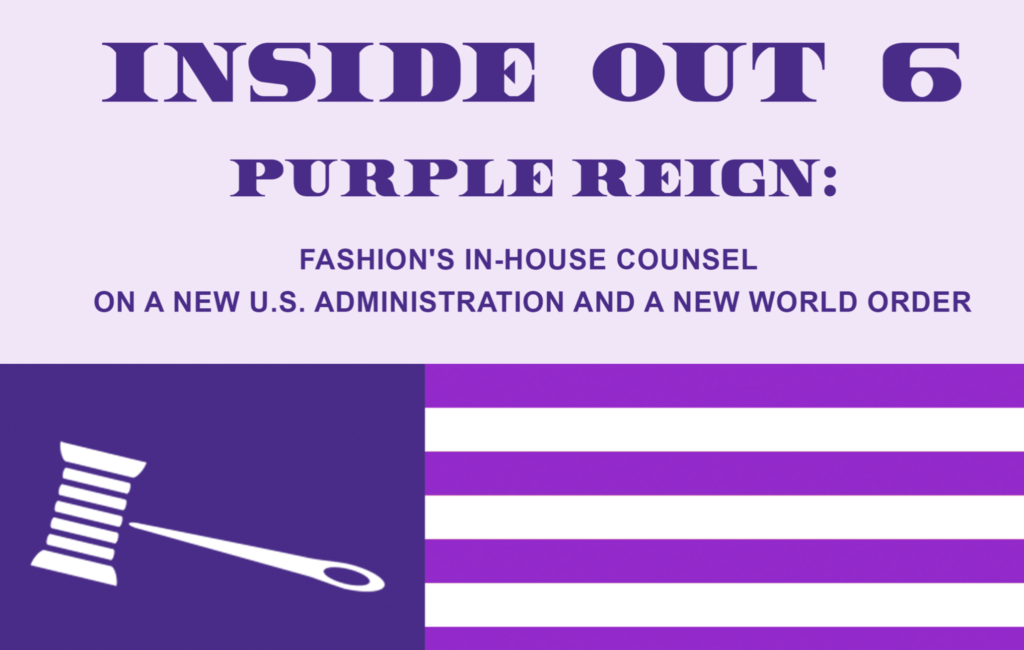
Over the course of the past decade, clean beauty has grown from a niche category to an entire industry in and of itself. Now, as the fervor for sustainability reaches a fever pitch, not only has clean beauty become more popular than ever before, but it has become the standard in beauty. Sephora, for example has entire pages on its website dedicated to clean beauty, all marked by the green Clean at Sephora seal of approval. As Fresh Beauty’s General Counsel and symposium panelist Nick Barnhorst noted, around 65% of consumers have said they would stop using their favorite products if they were not sustainable. This shocking figure demonstrates both the rise in consumer consciousness as well as the growing popularity and variety of clean beauty brands. Today, there is a clean beauty alternative for every kind of makeup in your vanity, from eye makeup, to foundation, and everything in between.
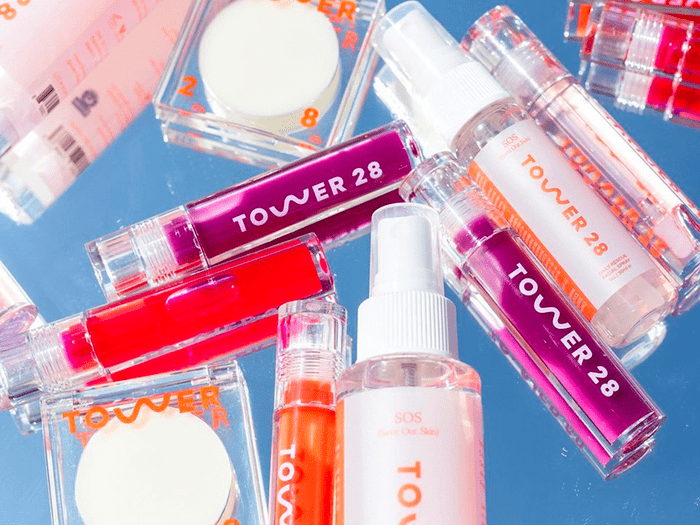
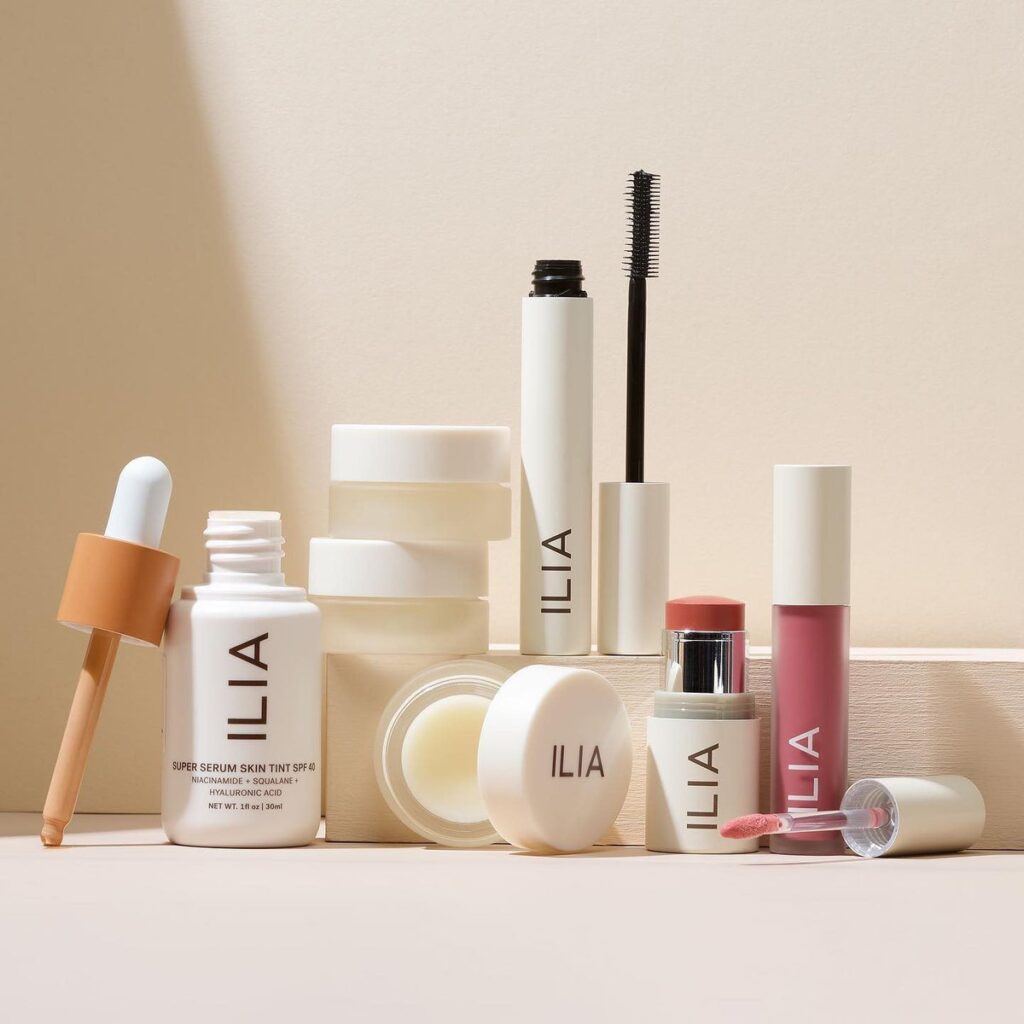
Clean beauty is also constantly evolving. While “clean” originally meant having natural ingredients and being free of parabens and other nasty chemicals that could damage your skin, its meaning has since changed. Now, “clean” means being vegan, cruelty-free, and organic, among other things. However, according to Barnhorst, the requirements for “clean” beauty are set to evolve yet again.
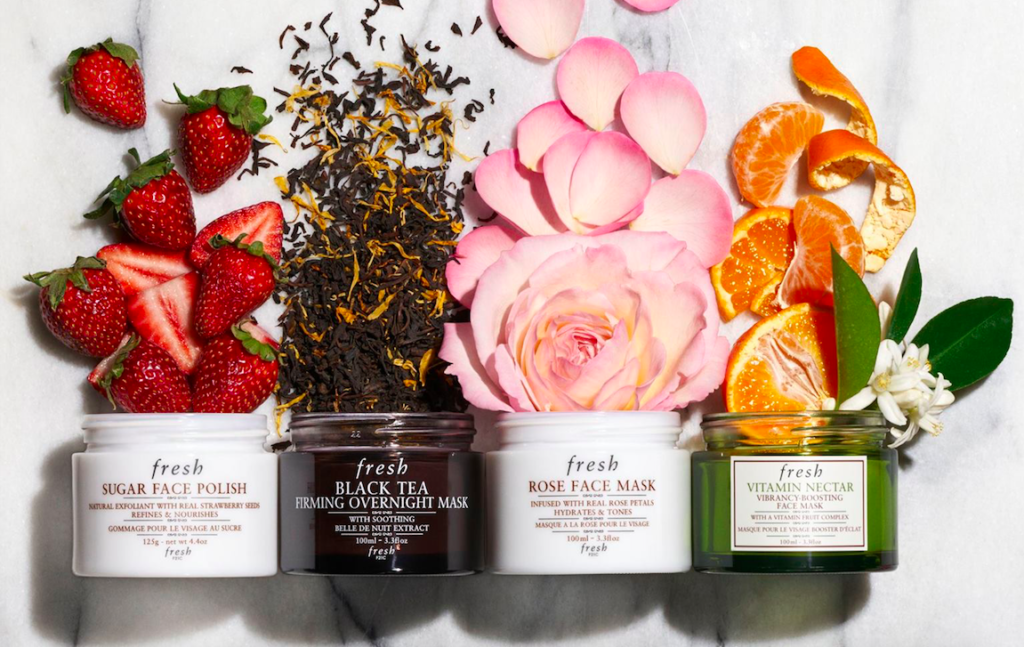
According to Barnhorst, it is no longer enough for a company to be sustainable in its ingredients and practices alone. Now, in order for beauty brands to be considered truly “clean,” they must also be sustainable in their sourcing. In fact, Barnhorst relayed that Sephora will soon roll out a new product classification: Sephora Blue. While Sephora Blue will focus on ingredients and testing practices just like Clean at Sephora, Sephora Blue will take sustainability to the next level, only awarding those products with sustainably sourced ingredients its coveted blue seal.
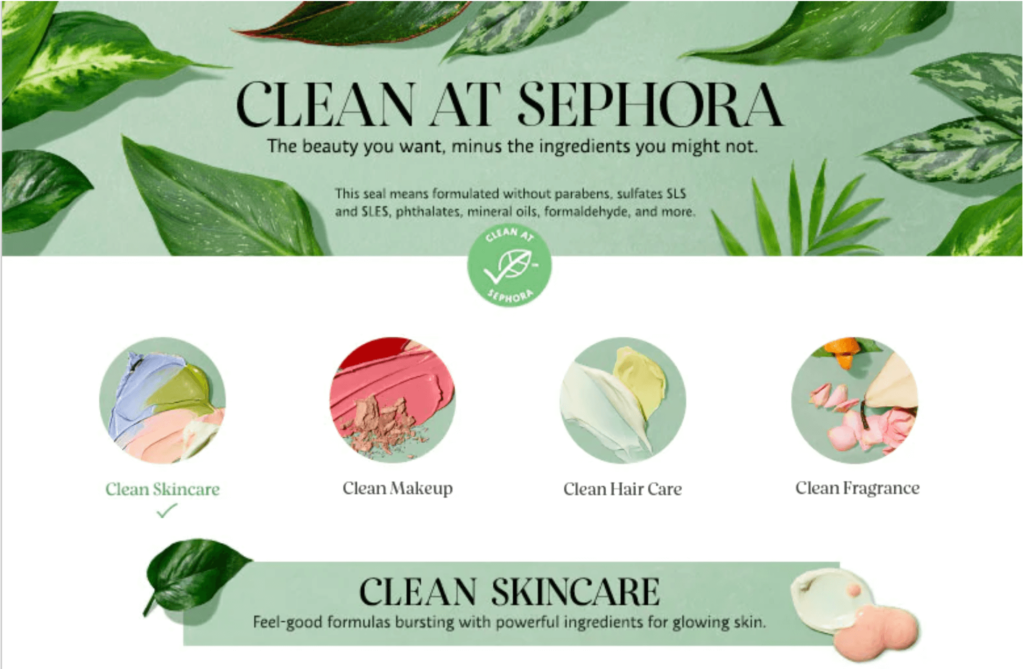
As big-name companies like Sephora expand their sustainability initiatives, redefining cleanliness and environmental consciousness, others will undoubtedly follow suit. Like most social consciousness endeavors, sustainability owes much of its success to peer pressure. No company wants to fall behind, lest they lose their customer base. As a result, companies often vie for the award of being the most environmentally conscious, especially in the beauty industry, where loyal consumer bases are an invaluable commodity, and public image is everything.
Ultimately, clean beauty will only continue to increase in popularity. No longer a select few brands stashed on two shelves at Sephora, clean brands have not only conquered, but completely overhauled the beauty industry, and they’re just getting started.





